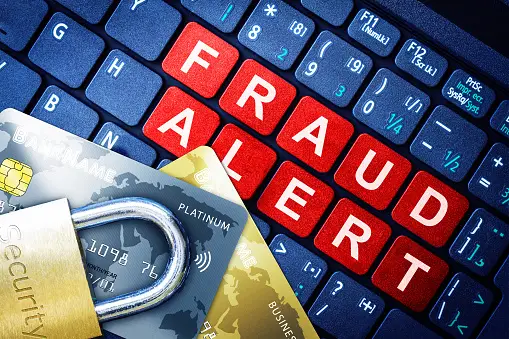Protecting Companies from Financial Fraud
When it comes to anti-money laundering and counter-terrorism financing regulations, most foreign jurisdictions rely on the Know Your Customer (KYC) method. Financial institutions are obligated to verify the identity of their customers as part of Know Your Customer (KYC) regulations so that they may assess the risk of money laundering and understand their transactional habits. However, the same verification processes must be followed whenever a financial institution engages in business with another company in a supply chain, stakeholder group, beneficiary, or similar role. In this context, the term for this verification technique is Know Your Business.
As a logical next step in the KYC process, businesses should know how to achieve KYB compliance along with the practical AML/CFT processes they need to implement.
An Overview of Know Your Business And Financial Fraud
To lessen the likelihood that the companies or organizations they do business with are involved in illicit activities like money laundering, enterprises use the Know Your Business (KYB) strategy.
By adopting the KYB verification approach, businesses may ensure they are in compliance with the EU’s 6AMLD as well as other relevant international regulations. Any business with links to the company doing the KYB check, including suppliers, shareholders, clients, and others, may be subject to the check. They inspire trust and confidence, which are essential in attracting potential new business partners. Businesses may aid in anti-money laundering compliance by using Know Your Customer KYC Verification, which is formally known as Know Your Business (KYB).
Understanding The Know Your Business Requirements And Financial Fraud
In order to comply with Know Your Customer (KYC) rules, businesses must typically do adequate due diligence, which entails collecting and analyzing a wide range of data and information on the entities they do business with. The specifics, however, vary from jurisdiction to jurisdiction and area to region. Certain identifying information may be required by Know Your Business rules in order to establish beneficial ownership, including:
- The business’s location
- Logs of registration
- Licensing paperwork
- Directors’ and owners’ identities
In order to conduct Know Your Business checks, businesses may make use of a wide range of public and private resources. Publicly available papers, government registries, and international company databases are all part of this category. It may be necessary to collect official papers such as identification documents, driver’s licenses, bank records, proof of existence, and dates of birth in order to verify the identities of individuals who are associated with or work for firms.
Beyond the initial need to establish UBO, Know Your Business ought to be considered as an ongoing AML process. Consequently, KYB is something that businesses must perform all through a business collaboration. This necessitates the regular screening of businesses for indicators of financial criminal connections, including exposure to sanction lists for political corruption.
How Can Businesses Stay Compliant with Know Your Business Regulations?
To meet the Know Your Business standards set forth by the Financial Crimes Enforcement Network (FinCEN) and similar regulations imposed by governments throughout the globe, businesses must establish AML processes that are based on risk. To put this into practice, businesses need to assess the level of risk linked to their business relationships and then put in place an appropriate anti-money-laundering response, which may include any combination of the measures that follow:
- Enhanced Due Diligence
Companies should do proper due diligence on those with whom they do business in order to identify and verify UBOs (Ultimate Beneficial Owners). In situations when the danger of money laundering is high, businesses should be subject to stricter anti-money laundering inspections and should do more thorough due diligence.
- Tracking of Transactions
If certain patterns of transactions are seen, a corporation might be connected to terrorism financing or money laundering. Payments comprising high-risk countries, unusual numbers or quantities of transactions, or purchases barely over the reporting criteria are all indicators for the laundering of funds.
- Prevention of Sanctions
Businesses should compare individuals and organizations with sanctions lists maintained by international organizations such as the UN, EU, and OFAC.
- Screening for PEP
There is a higher risk of accusations of money laundering against businesses that engage in political corruption. As a result, businesses should investigate their employees’ backgrounds to identify any politically exposed individuals (PEPs).
- Negative Press Coverage
Businesses should be vigilant in monitoring the news for any stories that might implicate them in unlawful or objectionable practices. Therefore, companies should always keep an eye on online materials in addition to the more traditional print and screen media.
In A Nutshell
To sum up, solutions from Know Your Business are vital for avoiding financial fraud and promoting open communication between business partners. Business verification is becoming increasingly important to simplify corporate processes and guarantee financial security as digital transformation is being adopted by more and more organizations across the world. Efficiency in screens is the future of company verification checks, made possible by developments in AI, blockchain technology, and large-scale analytics.









